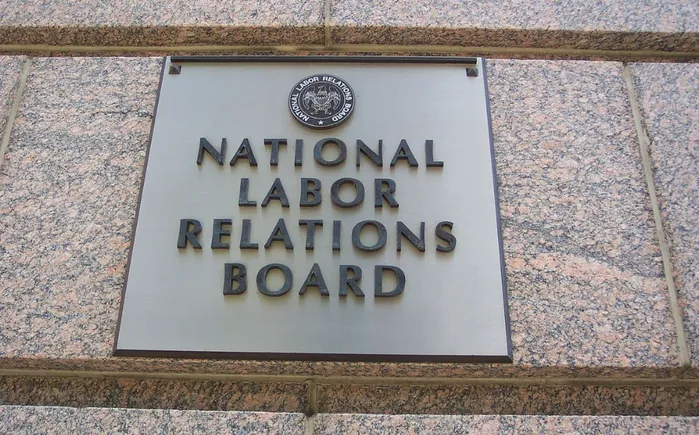Narrowly tailored anti-harassment policies are unlikely to amount to civility rules that could violate labor rights, a National Labor Relations Board official said in a memo Thursday, assuaging some recent employer-side concerns.
The board in 2023 reversed a Trump-era stance that allowed employers to maintain certain handbook policies mandating a respectful workplace. It shortly thereafter found that a Starbucks policy on communication at work was overbroad and “threatened to chill” worker expression, in violation of the National Labor Relations Act.
Stakeholders had expressed concern that employer anti-harassment policies could be similarly viewed as chilling worker expression, but NLRB General Counsel Jennifer Abruzzo aimed to put those fears to rest in this week’s memo to agency field offices.
Anti-harassment policies that are narrowly tailored, focused and precise are the most likely to advance both NLRA and equal employment opportunity goals, she said. “For example, a rule that specifically prohibits harassment based on EEO-protected characteristics would not raise any concerns under the NLRA,” Abruzzo wrote.
Such a rule, however, should stand separate from any broader rules regarding respect or civility in the workplace, she recommended. Anti-harassment policies also are best positioned if they include examples of the types of language and conduct that are prohibited, Abruzzo said. She further recommended businesses include a note that an anti-harassment policy does not limit NLRA-protected activity such as discussions about employment conditions or criticism of an employer.
“The objective,” Abruzzo said, “is to head off truly abusive or harassing behavior based on protected characteristics while leaving space for vigorous exercise of protected concerted activity for mutual aid or protection.”






Leave a Reply